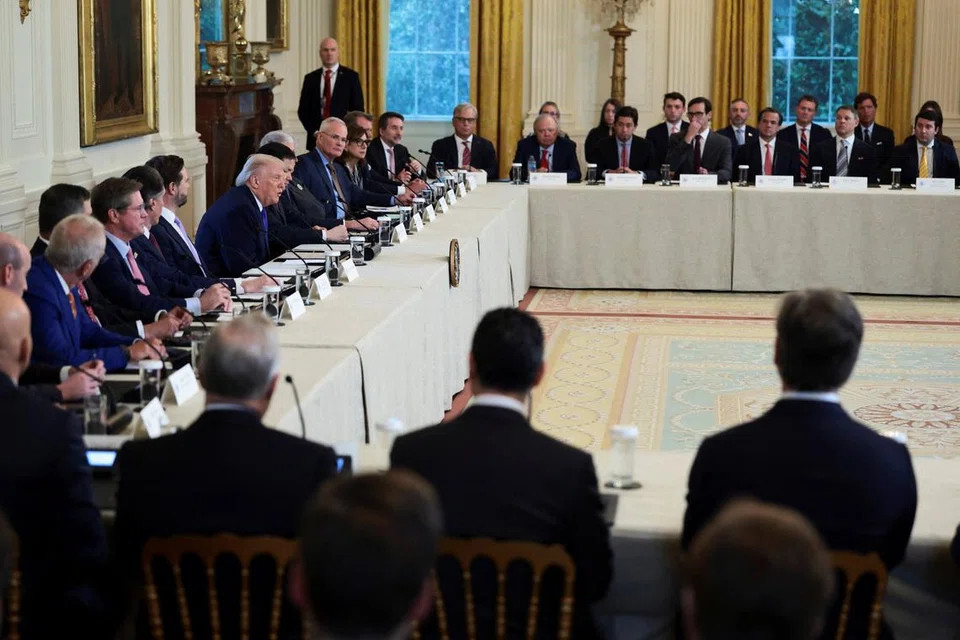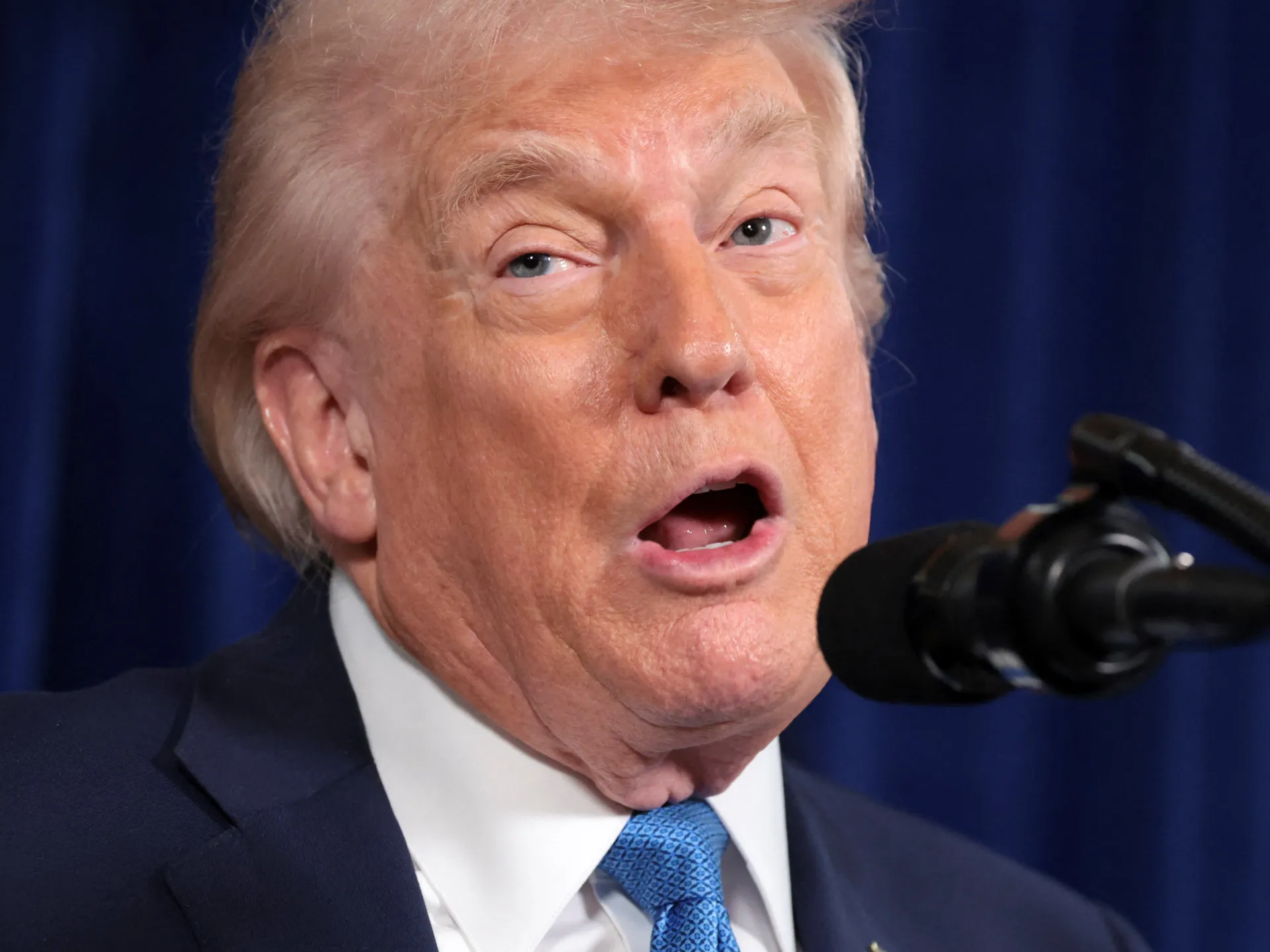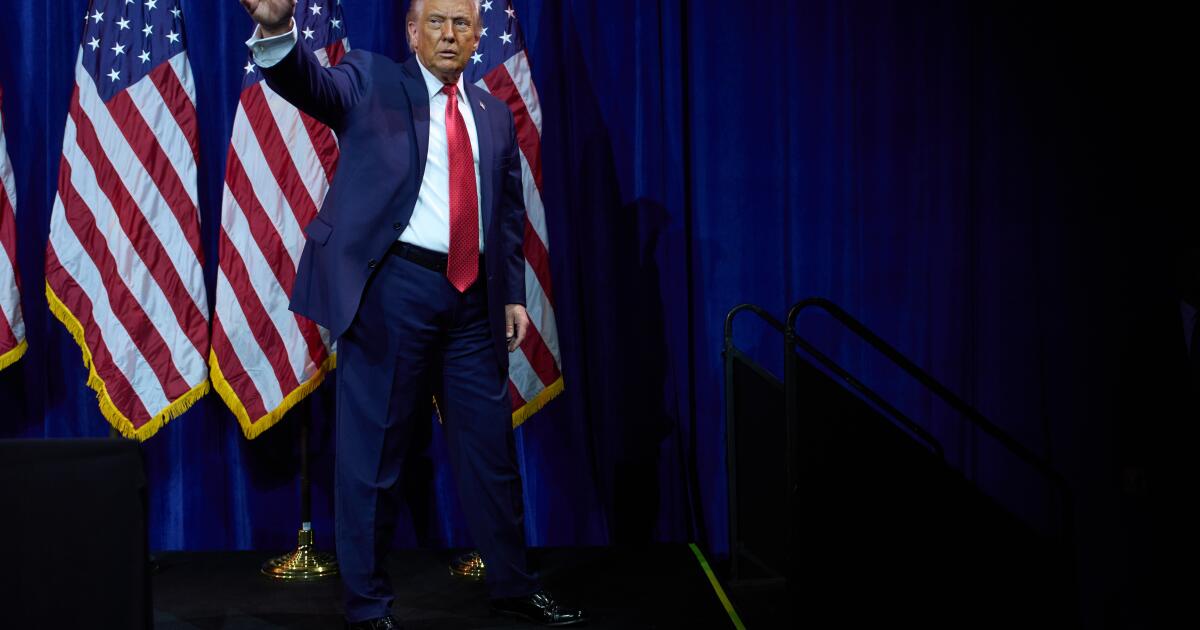Trump Administration Hosts Oil Executives, Insists on Sweeping Venezuelan Oil Concessions
The White House is pushing oil corporations to invest in Venezuelan oil operations under US control. (Reuters)
Caracas, January 9, 2026 (venezuelanalysis.com) – US President Donald Trump hosted executives from major Western energy corporations at the White House on Friday after touting a US $100 billion investment plan in Venezuela’s oil industry.
The Trump administration has moved to claim control over the Caribbean nation’s most important economic sector in the wake of the January 3 bombings and kidnapping of President Nicolás Maduro.
“We’re going to discuss how these great American companies can help rapidly rebuild Venezuela’s dilapidated oil industry and bring millions of barrels of oil production to benefit the United States, the people of Venezuela and the entire world,” the US president told reporters.
The meeting featured representatives from Chevron (USA), Shell (UK), Eni (Italy), Repsol (Spain) and 13 other energy and trading firms. Chevron has been the only major US company to maintain operations in Venezuela amidst US sanctions.
Trump added that the corporations would be “dealing” with the US directly and not with Venezuelan authorities. Multiple US officials in recent days have claimed that proceeds from crude sales will be deposited in accounts run by administration before being rerouted to Venezuela. Venezuelan state oil company PDVSA has confirmed “negotiations” to resume oil shipments to the US but has not commented on the rumored terms.
In his press conference, Trump said the White House would “devise a formula” to ensure that Caracas receives funds and corporations recover their investments while the US government would get any “leftover funds.” He added that Washington would offer the corporations “security guarantees” to operate in Venezuela.
Despite the Trump administration’s incentives, oil conglomerates have expressed reservations on committing to major investments in Venezuela.
Friday’s meeting at the White House also included executives from ExxonMobil and ConocoPhillips, two companies that refused to accept the new conditions from the former Chávez government’s oil reforms in the 2000s.
Both companies pursued international arbitration. ExxonMobil was compensated to the tune of $1.6 billion, significantly below its demands, while ConocoPhillips is looking to enforce awards totaling $12 billion. The Houston-headquartered enterprise will collect part of the debt via the forced auction of Venezuela’s US-based refiner CITGO.
ExxonMobil CEO Darren Woods stated that the company would need “significant changes” to Venezuela’s legal infrastructure before considering a return to the country.
In parallel to the White House gathering, India’s Reliance Industries, the country’s largest conglomerate, is reportedly seeking a US greenlight to resume purchases of Venezuelan crude. Reliance was a significant PDVSA customer before being driven away by US sanctions threats.
Venezuela’s oil sector, the country’s most important revenue source, remains heavily targeted by US unilateral coercive measures, including financial sanctions, an export embargo, and secondary sanctions.
Washington has maintained pressure on Caracas to impose oil conditions by enforcing a naval blockade and seizing tankers attempting to sail away with Venezuelan crude. On Friday, the US Navy seized the fifth tanker since early December, the Timor Leste-flagged Olina which had sailed from Venezuelan shores days ago as part of a flotilla attempting to break the US blockade.
Trump claimed that Venezuelan authorities assisted in the capture of the Olina tanker. According to the New York Times, US naval forces are chasing multiple tankers into the Atlantic, while others that left are reportedly heading back toward Venezuela.
Washington’s interest in controlling the Venezuelan oil industry has already seen the US Treasury Department issue sanctions waivers to global traders Vitol and Trafigura. The two companies were represented in the January 9 White House meeting.
Asked about Venezuelan Acting President Delcy Rodríguez, Trump said that the Venezuelan leader “seems to be an ally.” A US State Department delegation landed in Caracas on Friday to evaluate conditions for the reopening of the US embassy in the Venezuelan capital.
Amidst US official statements and diplomatic pressure, Venezuelan authorities have likewise sought meetings with some of its main allies, including Russia and China.
Rodríguez met with Chinese Ambassador Lan Hu Thursday, thanking Beijing for its condemnation of the US attacks and Maduro abduction. While US officials have pledged to reduce Chinese economic ties with Venezuela, Rodríguez stated in a recent broadcast that Caracas would maintain “diversity” in its economic and geopolitical relations.
Also on Thursday, Venezuelan Foreign Minister Yván Gil hosted Russian Ambassador Sergey Melik-Bagdasarov. Gil acknowledged Moscow’s support in the wake of the US January 3 attacks and expressed the two nations’ joint commitment to dialogue and sovereignty.











